Vallabhbhai Patel (1875-1950) – Letter - a handwritten letter in Gujerati, by Patel whilst imprisoned at Nasik Road Central Prison: Central Prison, Nasik Road Date: 08.12.33 Dear Sister Nanduben, I received your letter of date 5th. I believe you have arrived to Mumbai. So it is not worth to write you the letter at Ahmedabad. It seems that the more you devote to the God, more exams he is taking of yours. Who knows what he has planned. Here I have to see everything remotely seating here without doing anything. And I have to pray to God. You are very determined minded and understanding, so what should I write you? Keep trusting God as you have done so far or more than that. And we rely on kindness. When the doctor was at bed rest and the patience and faith you shown, it is expected to do the same now also. I believe God will do everything good. And keep me updating. We both pray to God for the speedy recovery. Sincerely, Vallabhbhai’s salutation. Stamped to top 'Superintendent - Nesik Road Central Prison ' with an official's signature in red pencil. Written in black ink to a single side of paper. Some folds. 17cm x 11cm, approx. Upon the failure of the Round Table Conference in London, Gandhi and Patel were arrested in January 1932 when the struggle re-opened, and imprisoned in the Yeravda Central Jail. During this term of imprisonment, Patel and Gandhi grew close to each other, and the two developed a close bond of affection, trust, and frankness. Their mutual relationship could be described as that of an elder brother (Gandhi) and his younger brother (Patel). Despite having arguments with Gandhi, Patel respected his instincts and leadership. In prison, the two discussed national and social issues, read Hindu epics, and cracked jokes. Gandhi taught Patel Sanskrit. Gandhi's secretary, Mahadev Desai, kept detailed records of conversations between Gandhi and Patel. When Gandhi embarked on a fast-unto-death protesting the separate electorates allocated for untouchables, Patel looked after Gandhi closely and himself refrained from partaking of food. Patel was later moved to a jail in Nasik, and refused a British offer for a brief release to attend the cremation of his brother Vithalbhai, who had died in October 1933. He was finally released in July 1934 Vallabhbhai Jhaverbhai Patel (31 October 1875 – 15 December 1950), endeared as Sardar, was an Indian statesman. He served as the first Deputy Prime Minister of India from 1947 to 1950. He was a barrister and a senior leader of the Indian National Congress, who played a leading role in the country's struggle for independence, guiding its integration into a united, independent nation. He was one of the conservative members of the Indian National Congress. In India and elsewhere, he was often called Sardar, meaning "chief" in Hindi, Urdu, and Persian. He acted as the Home Minister during the political integration of India and the Indo-Pakistani War of 1947. One of Mahatma Gandhi's earliest political lieutenants, he organised peasants from Kheda, Borsad, and Bardoli in Gujarat in non-violent civil disobedience against the British Raj, becoming one of the most influential leaders in Gujarat. He was appointed as the 49th President of Indian National Congress, organising the party for elections in 1934 and 1937 while promoting the Quit India Movement.
Vallabhbhai Patel (1875-1950) – Letter - a handwritten letter in Gujerati, by Patel whilst imprisoned at Nasik Road Central Prison: Central Prison, Nasik Road Date: 08.12.33 Dear Sister Nanduben, I received your letter of date 5th. I believe you have arrived to Mumbai. So it is not worth to write you the letter at Ahmedabad. It seems that the more you devote to the God, more exams he is taking of yours. Who knows what he has planned. Here I have to see everything remotely seating here without doing anything. And I have to pray to God. You are very determined minded and understanding, so what should I write you? Keep trusting God as you have done so far or more than that. And we rely on kindness. When the doctor was at bed rest and the patience and faith you shown, it is expected to do the same now also. I believe God will do everything good. And keep me updating. We both pray to God for the speedy recovery. Sincerely, Vallabhbhai’s salutation. Stamped to top 'Superintendent - Nesik Road Central Prison ' with an official's signature in red pencil. Written in black ink to a single side of paper. Some folds. 17cm x 11cm, approx. Upon the failure of the Round Table Conference in London, Gandhi and Patel were arrested in January 1932 when the struggle re-opened, and imprisoned in the Yeravda Central Jail. During this term of imprisonment, Patel and Gandhi grew close to each other, and the two developed a close bond of affection, trust, and frankness. Their mutual relationship could be described as that of an elder brother (Gandhi) and his younger brother (Patel). Despite having arguments with Gandhi, Patel respected his instincts and leadership. In prison, the two discussed national and social issues, read Hindu epics, and cracked jokes. Gandhi taught Patel Sanskrit. Gandhi's secretary, Mahadev Desai, kept detailed records of conversations between Gandhi and Patel. When Gandhi embarked on a fast-unto-death protesting the separate electorates allocated for untouchables, Patel looked after Gandhi closely and himself refrained from partaking of food. Patel was later moved to a jail in Nasik, and refused a British offer for a brief release to attend the cremation of his brother Vithalbhai, who had died in October 1933. He was finally released in July 1934 Vallabhbhai Jhaverbhai Patel (31 October 1875 – 15 December 1950), endeared as Sardar, was an Indian statesman. He served as the first Deputy Prime Minister of India from 1947 to 1950. He was a barrister and a senior leader of the Indian National Congress, who played a leading role in the country's struggle for independence, guiding its integration into a united, independent nation. He was one of the conservative members of the Indian National Congress. In India and elsewhere, he was often called Sardar, meaning "chief" in Hindi, Urdu, and Persian. He acted as the Home Minister during the political integration of India and the Indo-Pakistani War of 1947. One of Mahatma Gandhi's earliest political lieutenants, he organised peasants from Kheda, Borsad, and Bardoli in Gujarat in non-violent civil disobedience against the British Raj, becoming one of the most influential leaders in Gujarat. He was appointed as the 49th President of Indian National Congress, organising the party for elections in 1934 and 1937 while promoting the Quit India Movement.
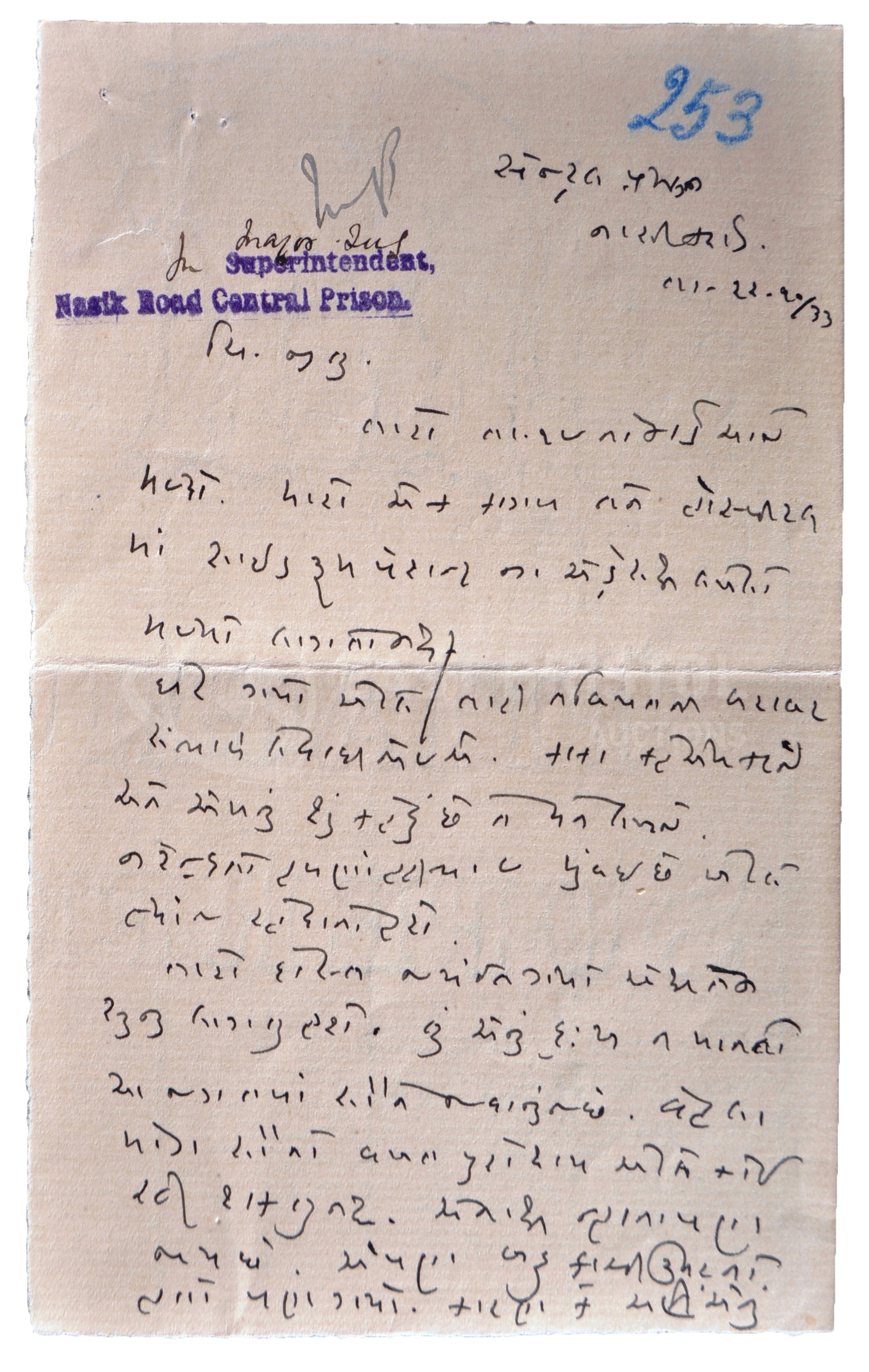

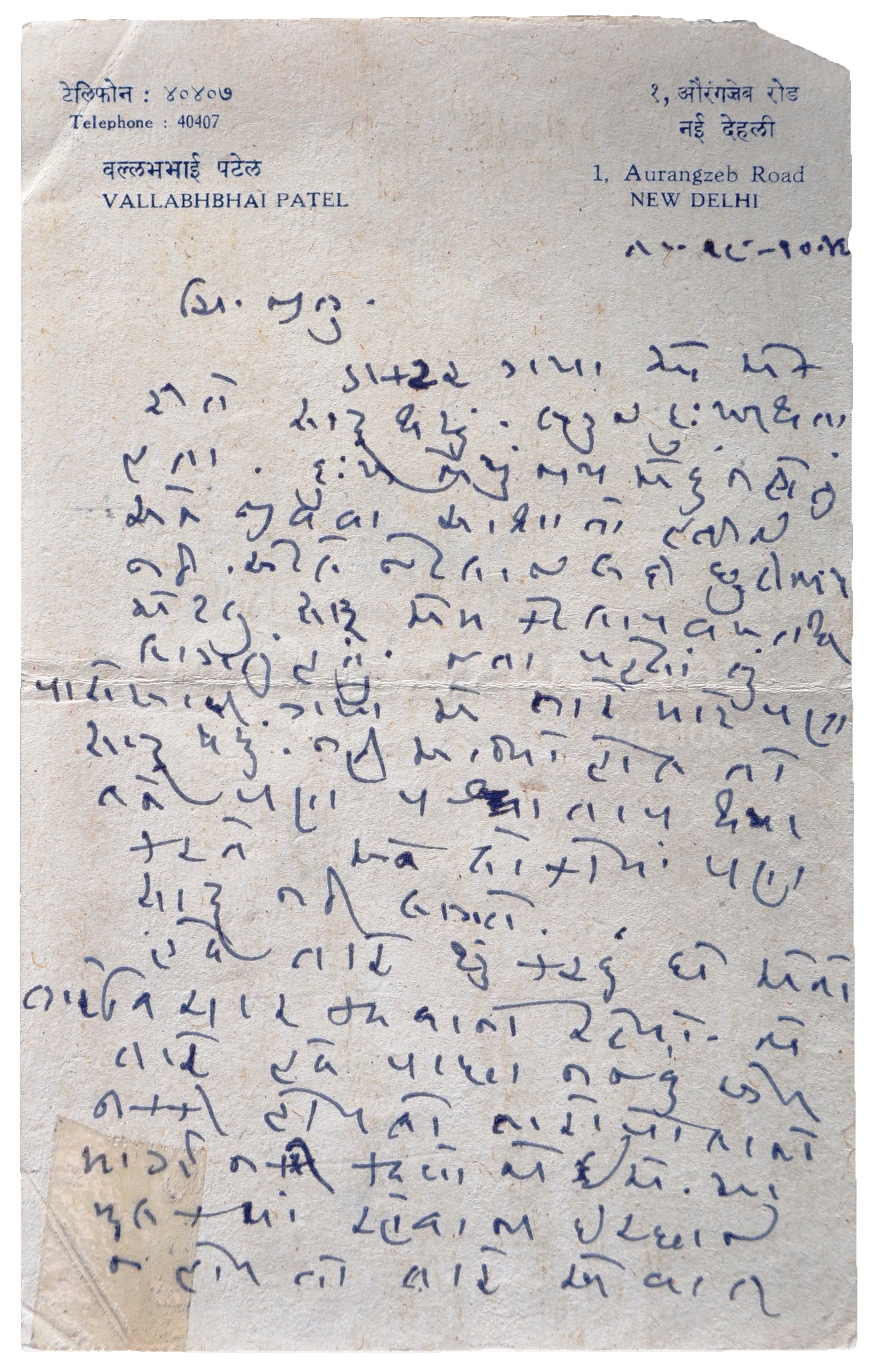

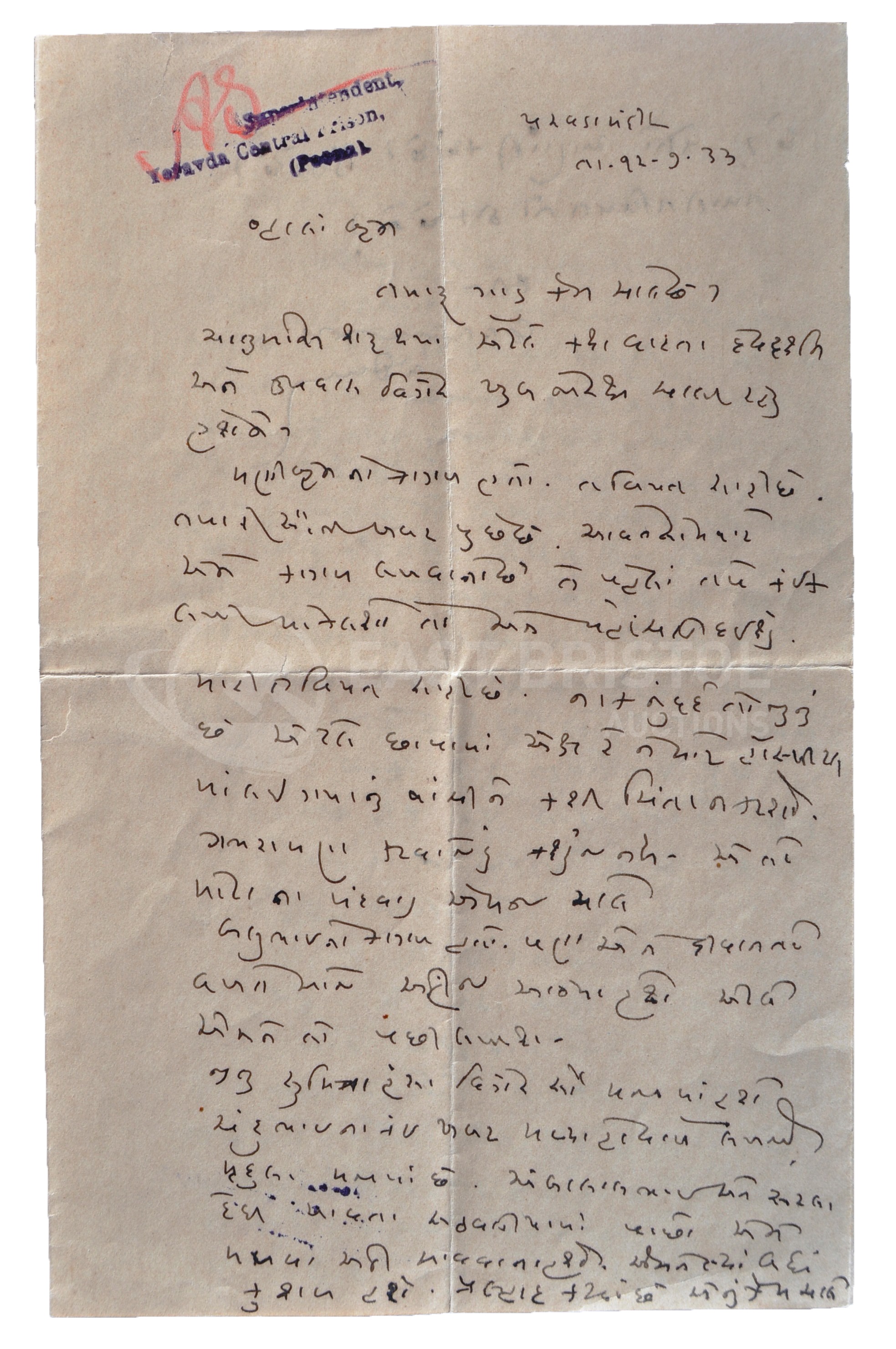

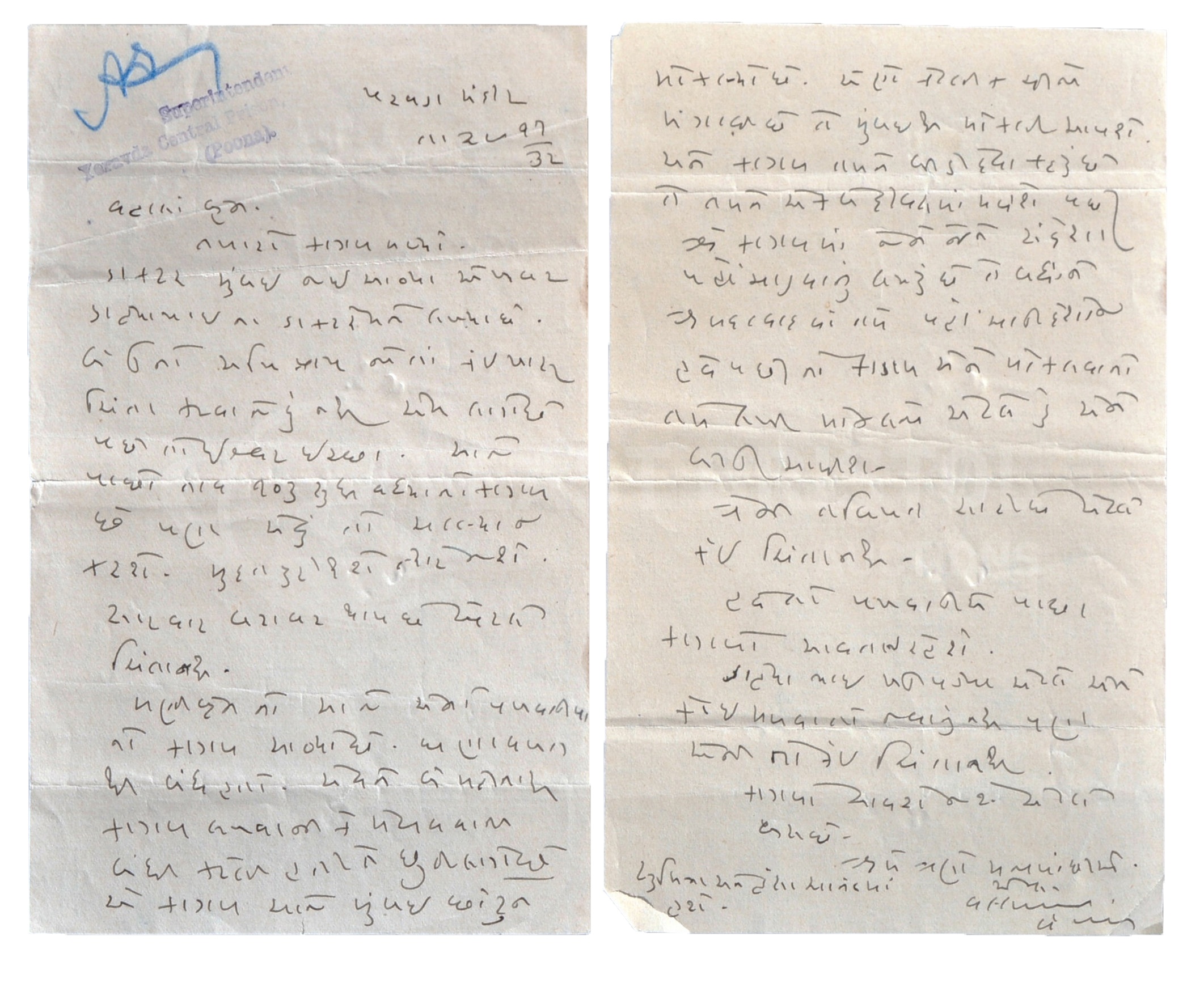


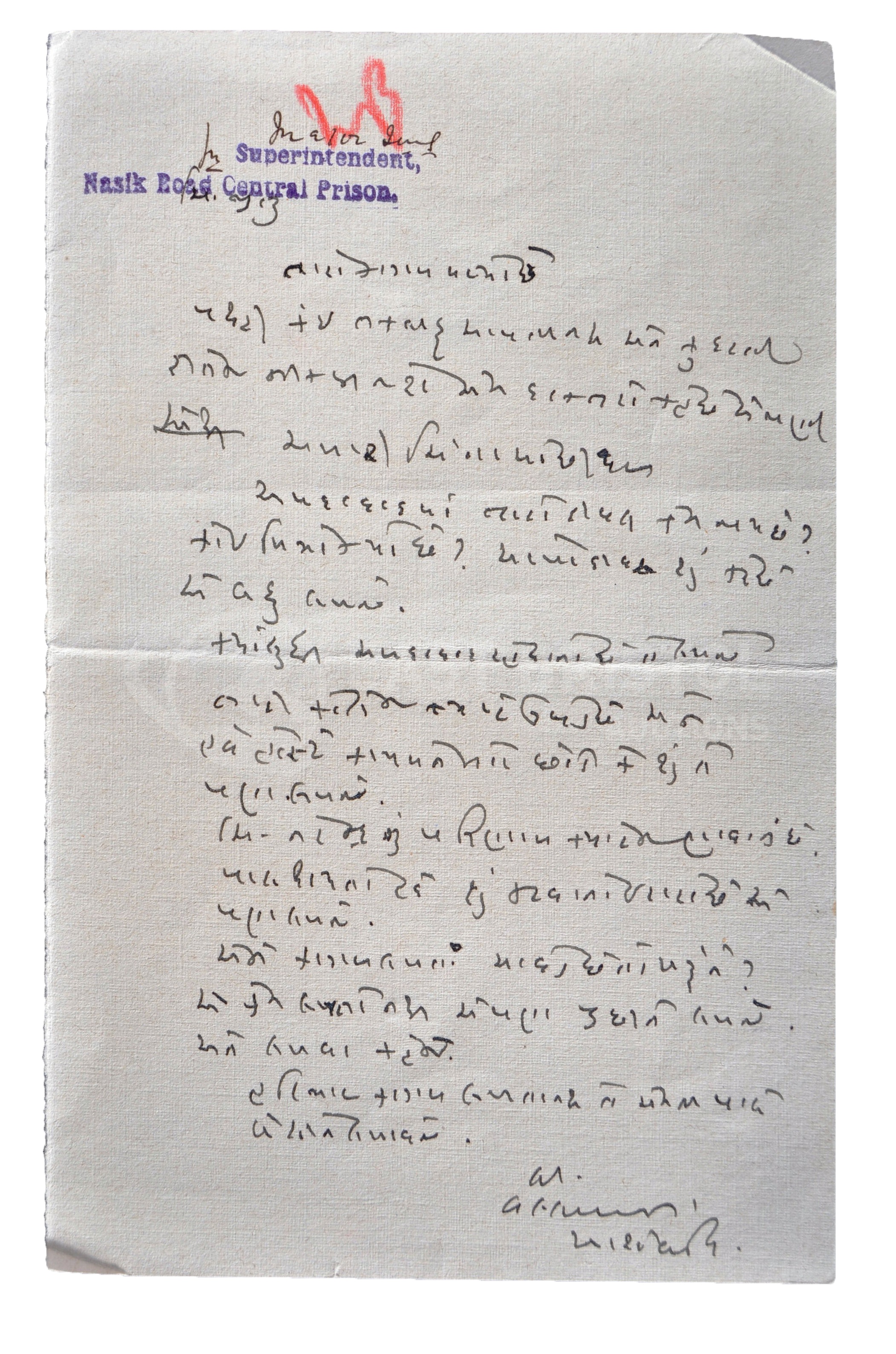
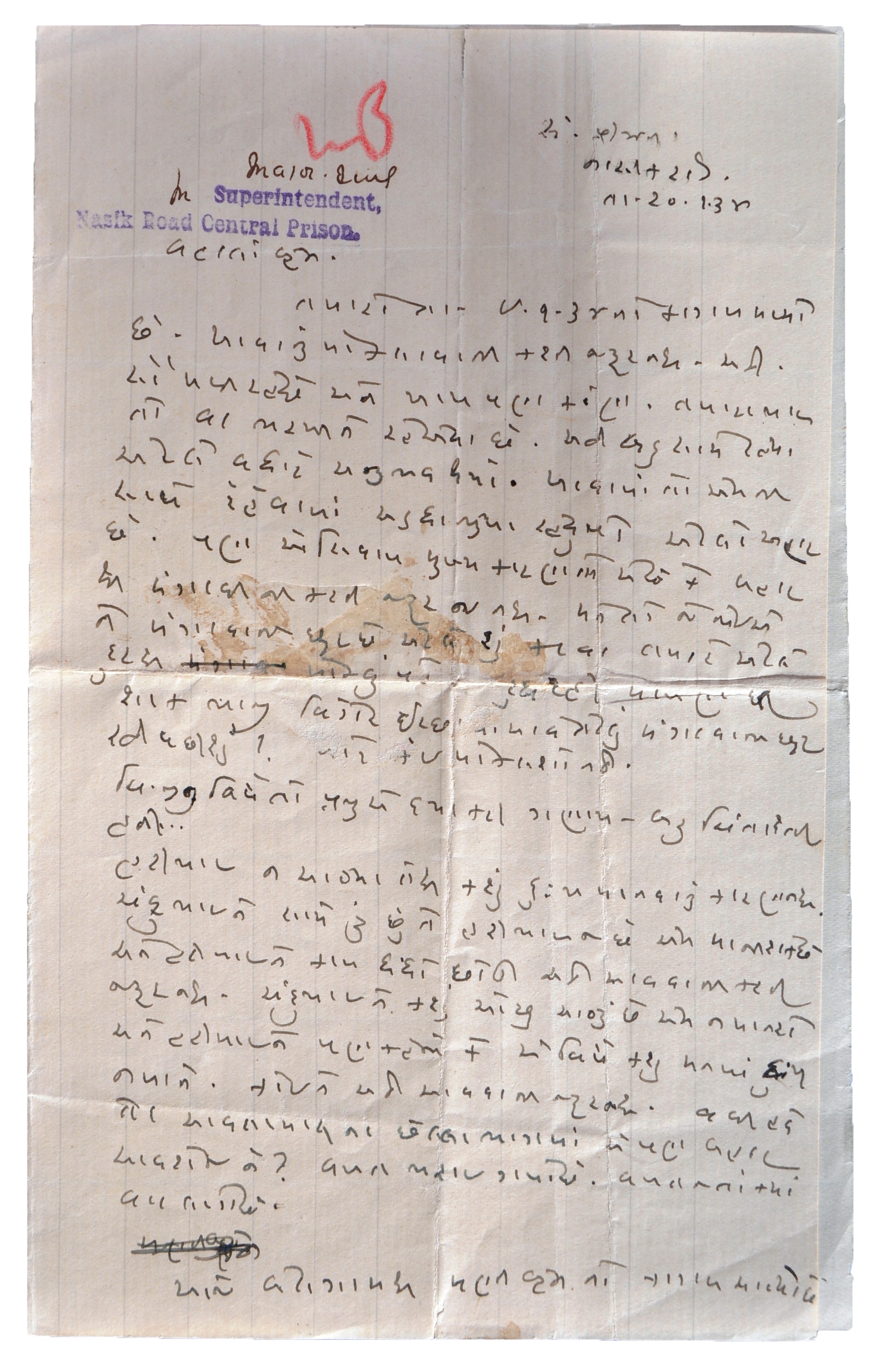



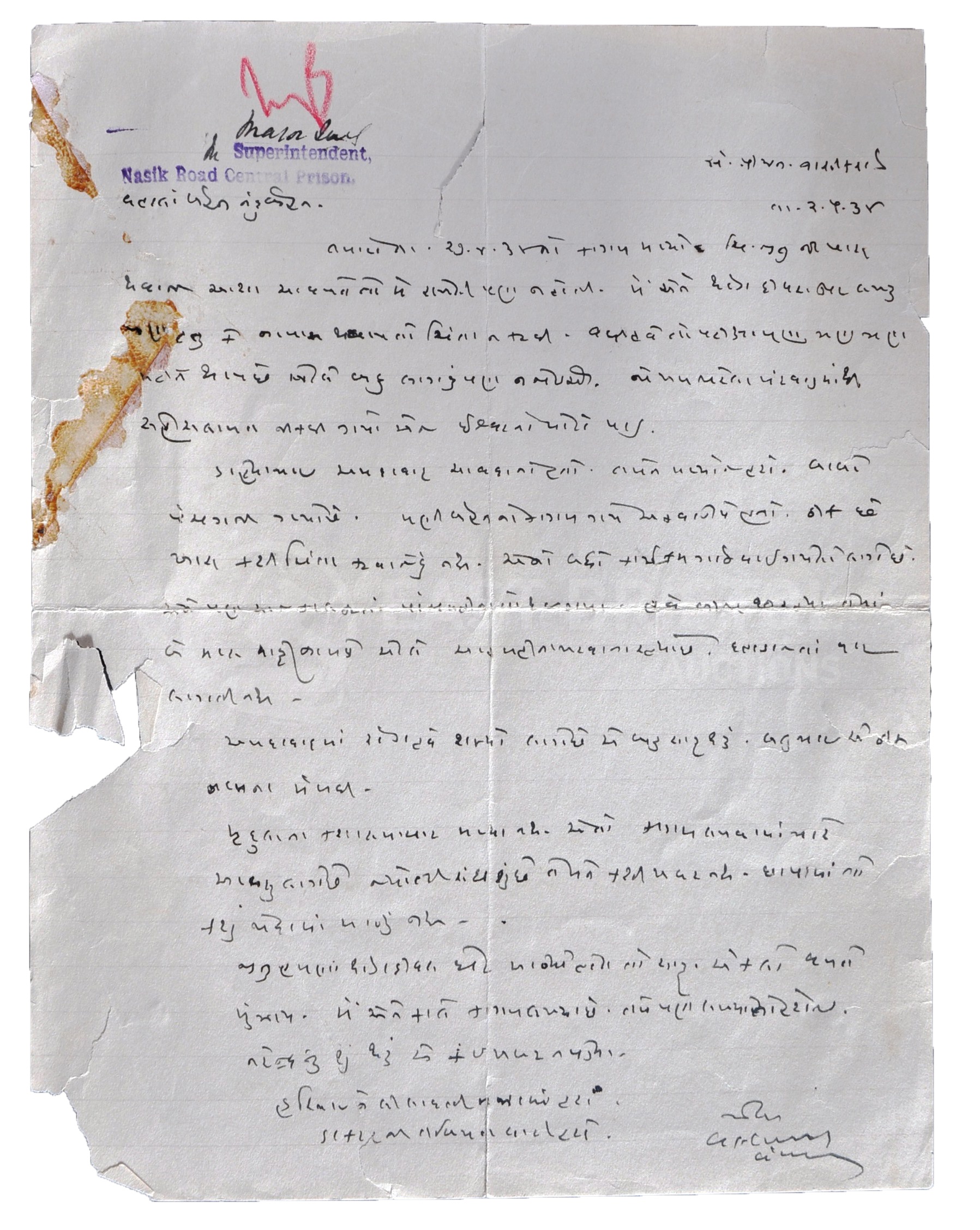
Testen Sie LotSearch und seine Premium-Features 7 Tage - ohne Kosten!
Lassen Sie sich automatisch über neue Objekte in kommenden Auktionen benachrichtigen.
Suchauftrag anlegen